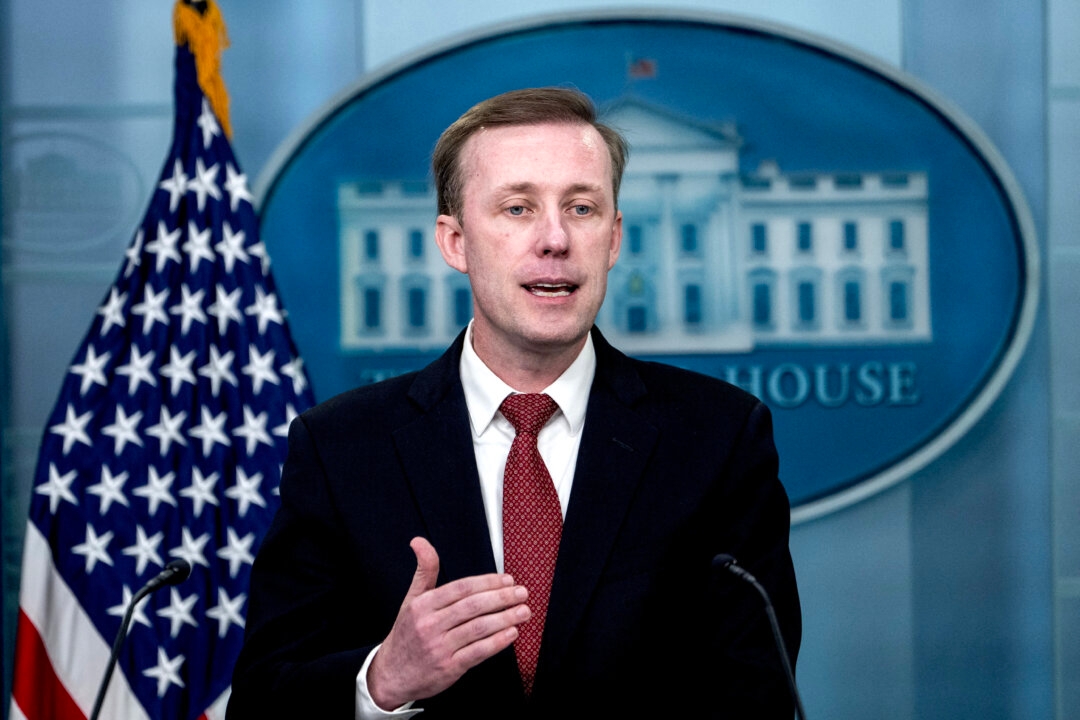What is the international community's stance on this situation
The United States is planning to impose new sanctions targeting Iran following its unprecedented aerial attack on Israel over the weekend. According to National Security Adviser Jake Sullivan, President Biden is coordinating with allies and partners, including the G7, and with bipartisan leaders in Congress to formulate a comprehensive response. The upcoming sanctions will focus on several key areas:
Iran’s Missile and Drone Program: The United States will target Iran’s missile and drone capabilities, aiming to disrupt their development and deployment.
Entities Supporting the Islamic Revolutionary Guard Corps (IRGC) and Iran’s Defense Ministry: The sanctions will also extend to entities that back the IRGC and Iran’s Defense Ministry, further pressuring Iran’s military infrastructure.
Treasury Secretary Janet Yellen announced that the Biden administration would use sanctions to continue disrupting the Iranian regime’s malign and destabilizing activities1. Additionally, the administration plans to strengthen air and missile defense systems across the Middle East to erode the effectiveness of Iran’s missile and UAV capabilities.
The situation remains tense, with Israel closely monitoring developments and considering its next moves. Israel’s Prime Minister Benjamin Netanyahu aims to lock in sanctions and act strategically to maintain deterrence against Iran2. Meanwhile, the European Union is also exploring the possibility of imposing further sanctions.
Stay tuned for updates as the situation unfolds. The international community continues to closely watch the dynamics between Iran, Israel, and the United States in the aftermath of this significant attack.
What was the target of Israel's attack?
The specific target of Israel's unprecedented aerial attack has not been explicitly mentioned in the news report. However, given the context, it appears that the attack was significant enough to prompt the United States to consider imposing new sanctions on Iran. The focus of these sanctions will likely be related to Iran's missile and drone program, as well as entities supporting the Islamic Revolutionary Guard Corps (IRGC) and Iran’s Defense Ministry. The situation remains tense, and further developments are being closely monitored by the international community.Iran’s Response to the Attack on Israel
Iran launched an unprecedented wave of missiles and drones toward Israel in response to the April 1st air strike on an Iranian diplomatic building in Damascus, Syria. The attack killed a senior figure in Iran’s Islamic Revolutionary Guards and eight other officers12. Here are the key points about Iran’s response.Direct Attack on Israel: This marks the first time that Iran has directly attacked Israel. Previously, both countries had engaged in a years-long shadow war, targeting each other’s assets without admitting responsibility.
Reason for the Attack: Iran attributes its retaliation to the April 1st air strike on an Iranian consulate building in Damascus. Thirteen people were killed in that strike, including Brig Gen Mohammad Reza Zahedi, a senior commander in the Quds force of Iran’s elite Republican Guards (IRGC).
Escalating Tensions: The ongoing war in Gaza, sparked by Hamas’s assault on nearby Israeli communities, has escalated tensions between Israel and Iran. Both nations have a history of enmity, with Iran not recognizing Israel’s right to exist and seeking its eradication.
Proxy Forces and Regional Allies: Iran has built a network of allies and proxy forces in the Middle East, forming an “axis of resistance” challenging US and Israeli interests in the region.
